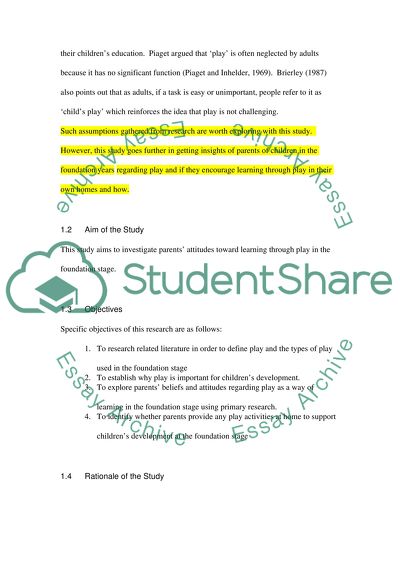Cite this document
(“Parents Attitudes Toward Learning Through Play in The Foundation Stage Essay”, n.d.)
Retrieved from https://studentshare.org/education/1393098-exploring-parents-attitude-towards-learning-through-play-in-the-foundation-play
Retrieved from https://studentshare.org/education/1393098-exploring-parents-attitude-towards-learning-through-play-in-the-foundation-play
(Parents Attitudes Toward Learning Through Play in The Foundation Stage Essay)
https://studentshare.org/education/1393098-exploring-parents-attitude-towards-learning-through-play-in-the-foundation-play.
https://studentshare.org/education/1393098-exploring-parents-attitude-towards-learning-through-play-in-the-foundation-play.
“Parents Attitudes Toward Learning Through Play in The Foundation Stage Essay”, n.d. https://studentshare.org/education/1393098-exploring-parents-attitude-towards-learning-through-play-in-the-foundation-play.


